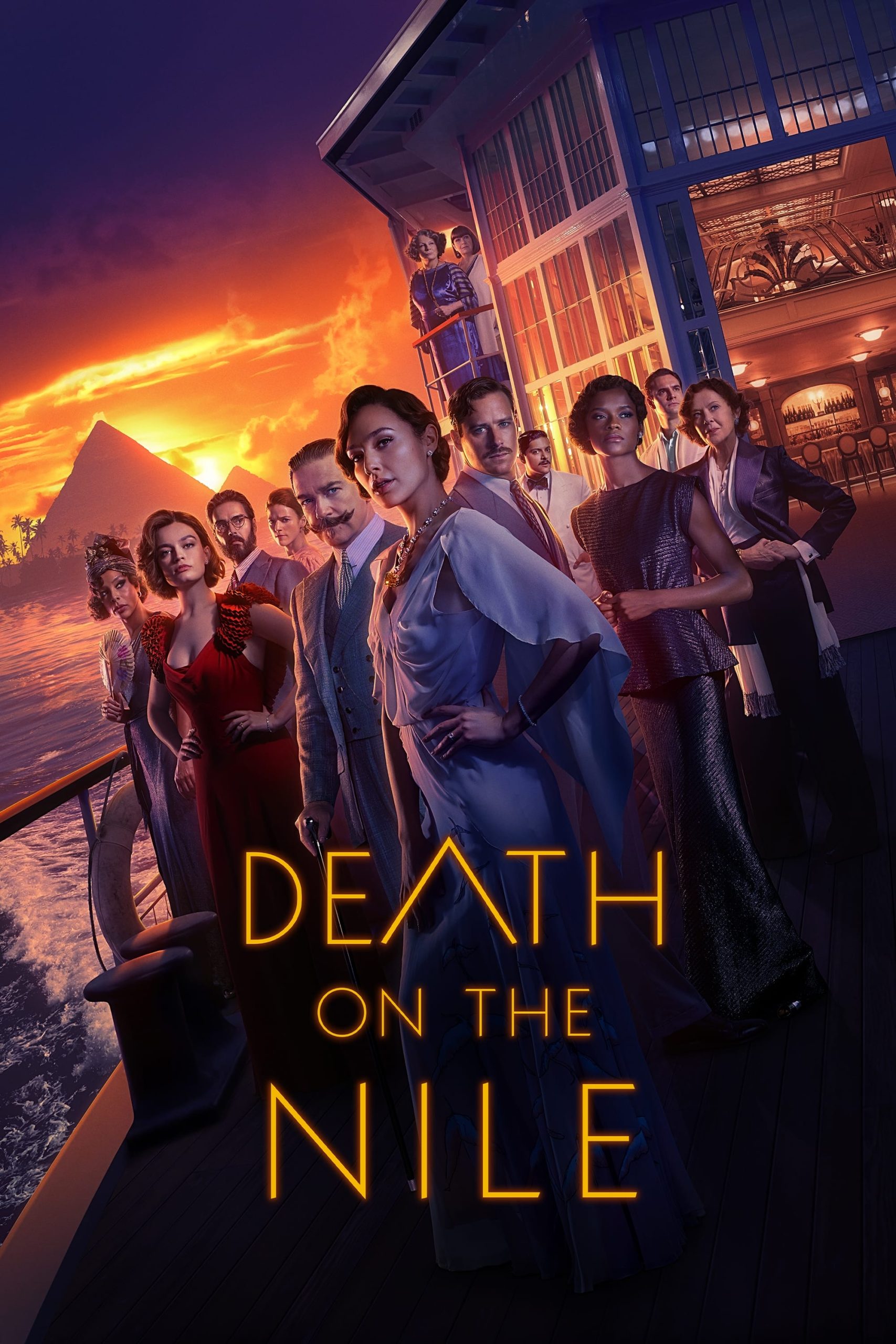
Belgian sleuth Hercule Poirot's Egyptian vacation aboard a glamorous river steamer turns into a terrifying search for a murderer when a picture-perfect couple's idyllic honeymoon is tragically cut short.
13 May Death on the Nile (2022)
Red Fingernails
Christie is more special to me than she should be because she represents a tradition I miss. When you read one of her novels, you enter into tryst with an invisible woman who teases you with a false world that you welcome. Is there a more pure distillation of romance?
As you both go, you compete to invent coherence: what caused what we see. At the end, your gentle competitor gathers all the players and sorts them out in the detective’s explanation. Why I say this is gentle is because the joy in her books is in how easy it is to retroactively re-interpret what you know, and with some satisfaction bring order to the world. She holds back, holds back, holds back and then releases.
Part of the contract is that she does not create a world; she adopts a skeletal world and simply builds a machine from its bits. This is important. The Rube Goldberg causality is of found, not created characters. In other words, it is essential that the characters be stereotypes and the contexts not have nuance. It made it easy for her audience who lived among those stereotypes and the society that refined them. A bit more work for a contemporary American, but still easy enough.
When the Perry Mason books made the jump to TeeVee, it understood this. But the film adaptations in the last say 20 years want to enrich the characters and contexts, to make them ‘real’. And so we have this, the latest.
There are two extraordinary things here. It is made by someone who believes in rich characters, and backstories, and character development. So out go Christie’s cardboard characters and in come fully developed souls, each with theatrically visible traits. We see souls creating the world rather than those created by the world. I am used to this, but Branagh being who he is takes it to extremes. He turns the environment into a character as well with high landscapes, motion through bevelled glass, and registration with floors (even seabed).
That would be welcome elsewhere but it messes with the magic, the allure one gets with Agatha.
More interesting is the triple identity we are presented with. We have the character, Poirot who is literally our avatar in the story. In the books, he sees and reasons by mechanisms we only later discover. Here, we know what he does as we follow his presence.
We have the actor Branagh who we understand has his own motives, to perform. He has created his own version of our man. Christie’s man was presumably a product of what Brits thought was a silly society, but Branagh wants us to know this person and understand that his obsessions haunt him. There’s no collaborative contract in this discovery; it is all served without any work or investment on our part. It would have been an inexcusable vanity were it not for the third being: Branagh as filmmaker.
The viewer will be aware of cinematic obsessions with perfect balance, with dainty, poised motion. With polite distances… decisions that all would have been made by Poirot.
He’s taken away the closest thing to sex you can have with a writer in their words, but he’s substituted it with a layering that might have resulted if the later man had truly fallen in love with the blues singer and become an artist.
Poirot never had a Watson or a Bunter as external narrator. The closest he came was Hastings to whom he would confide his frustrations of the case. But here, Poirot is his own writer, fully in charge of how we see him.
So, set aside any value from Christie and look for the folding of filmmaker with actor with character.
Posted in 2022
Ted’s Evaluation — 3 of 3: Worth watching.


No Comments